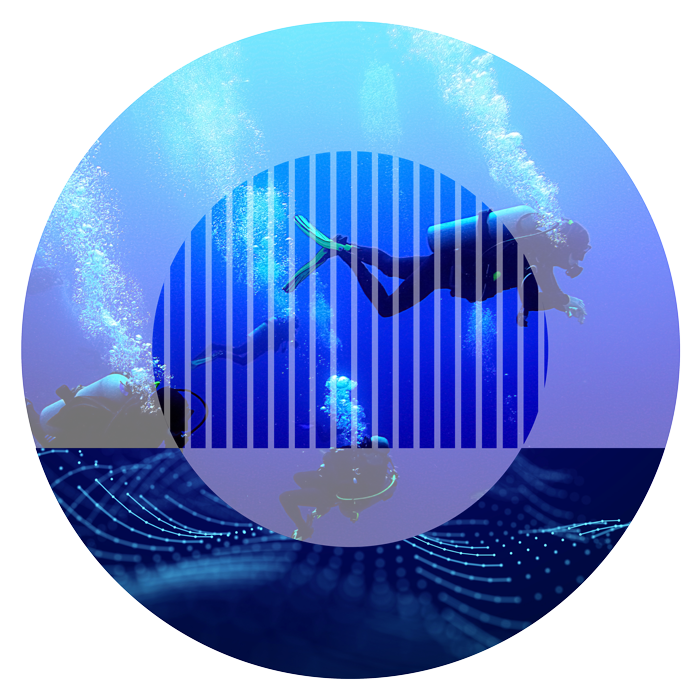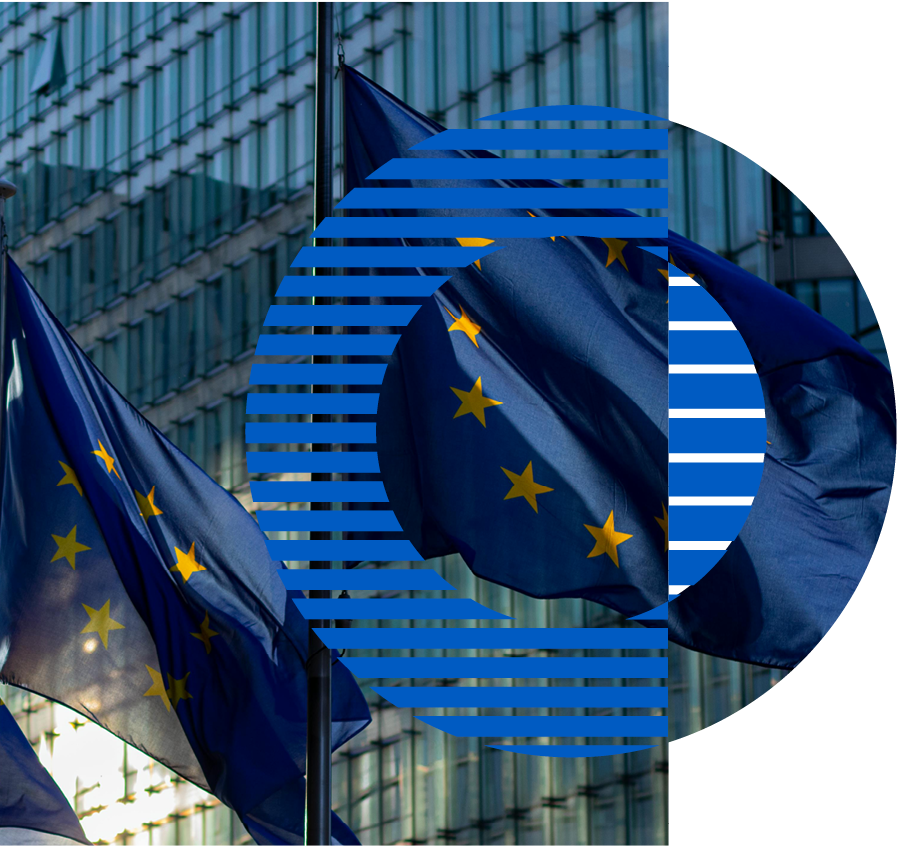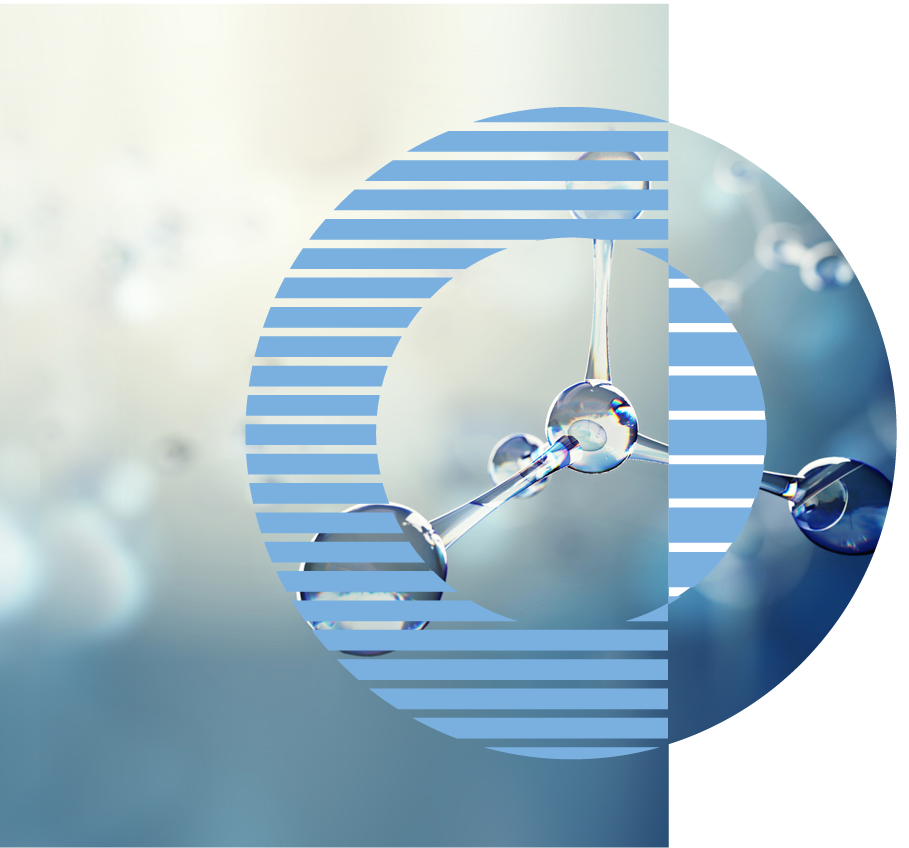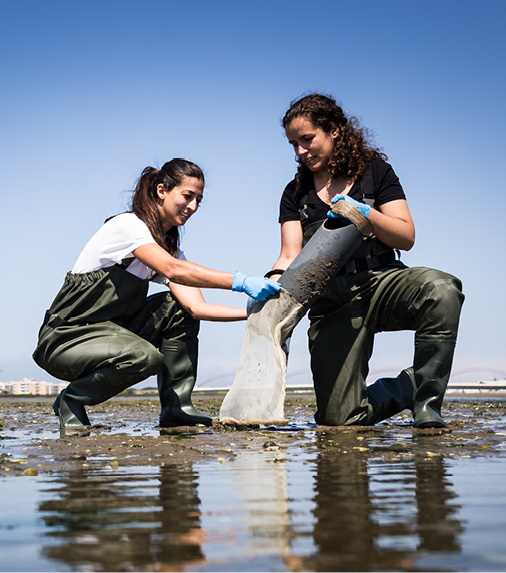
What is a Research Infrastructure?
Boosting Scientific Excellence

A research infrastructure (RI) is an organisation that enables the research community to use specific facilities, resources and services in order to accelerate scientific achievements and innovation, and address global challenges, according to the European Commission.
EMBRC is the only infrastructure focused on coastal marine biodiversity in Europe. Unlike most of the Research Infrastructures its European sites are located close to the environment allowing researchers to closely examine marine ecosystems.
EMBRC-ERIC
Enabling Long-term Strategic Impact

Research Infrastructures enable a fair and transparent system to share knowledge, data, facilities, and equipment. By pooling these resources, they can reduce unnecessary duplication of effort and create the best conditions and critical mass needed to enable cutting-edge, large-scale research.
Research Infrastructures are a solution to make science more effective and sustainable in the complex European backdrop of interactions among nation states.
By providing access to top-notch services and facilities to everyone, Research Infrastructures ensure that science is driven by excellence and not limited by the research capacity of individual countries, economic sectors, or institutions. Unlike short-term projects or networks, they have …
Research Infrastructures enable a fair and transparent system to share knowledge, data, facilities, and equipment. By pooling these resources, they can reduce unnecessary duplication of effort and create the best conditions and critical mass needed to enable cutting-edge, large-scale research.
Research Infrastructures are a solution to make science more effective and sustainable in the complex European backdrop of interactions among nation states.
By providing access to top-notch services and facilities to everyone, Research Infrastructures ensure that science is driven by excellence and not limited by the research capacity of individual countries, economic sectors, or institutions. Unlike short-term projects or networks, they have greater potential for long-term strategic impact to advance knowledge and foster technology development in Europe and worldwide.
Crossing Borders, Crossing Disciplines
European Research Infrastructures bring together members and partners from various countries and regions, covering different research fields such as biological and medical sciences, material sciences, social sciences, humanities, environmental sciences, energy and astronomy. This global collaboration aims to elevate scientific progress worldwide.
EMBRC is part of the life science ‘family’ and collaborates with environmental RIs as well through the Envri community.


